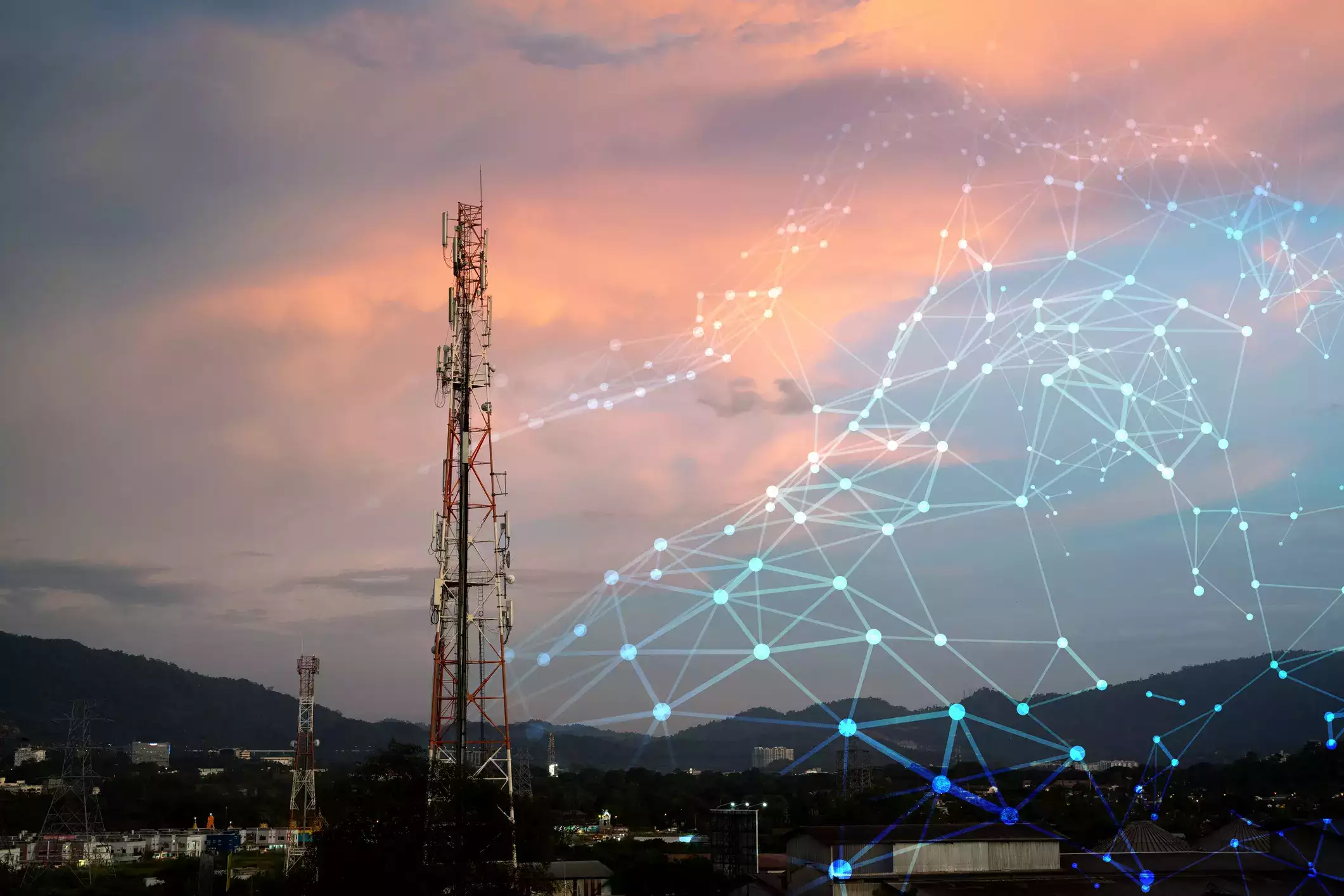Campaigners say Vodafone’s 3G shutdown will cause “digital poverty”

According to charity campaigners, the risk of “digital poverty” will rise following Vodafone’s decision to turn off its 3G network.
Vodafone announced last week that it will phase out its 3G service from June to improve the coverage for faster 4G and 5G services.
The network claims the decision has been driven by a considerable drop off in 3G usage, which stood at 30% for all its customer’s data in 2016 but has since slumped to around 4%.
While a decision to focus on 5G makes sense from a business perspective, charities have warned of dire consequences for vulnerable customers.
The Digital Poverty Alliance says around one-in-five adults rely on smartphones to access vital digital services.
The decision to turn off 3G will not only affect the poorest in society but those in rural locations and notorious “not spots”.
Dan Jones, an IT consultant from a village on the outskirts of Manchester, said he uses 3G regularly to make phone calls.
He added that 4G and 5G services are “pretty much non-existent” in his area despite widespread investment from major providers.
The government has already set out plans for mobile operators to power down all 2G and 3G services, with a deadline set for 2033.
However, the move will have an impact on millions of Brits in the short-term at least.
Digital Poverty Alliance said many will have to upgrade to at least a 4G-capable device to remain online.
It concluded: “Switching off 3G will have an adverse effect on the mission to help more people access the digital world.”
